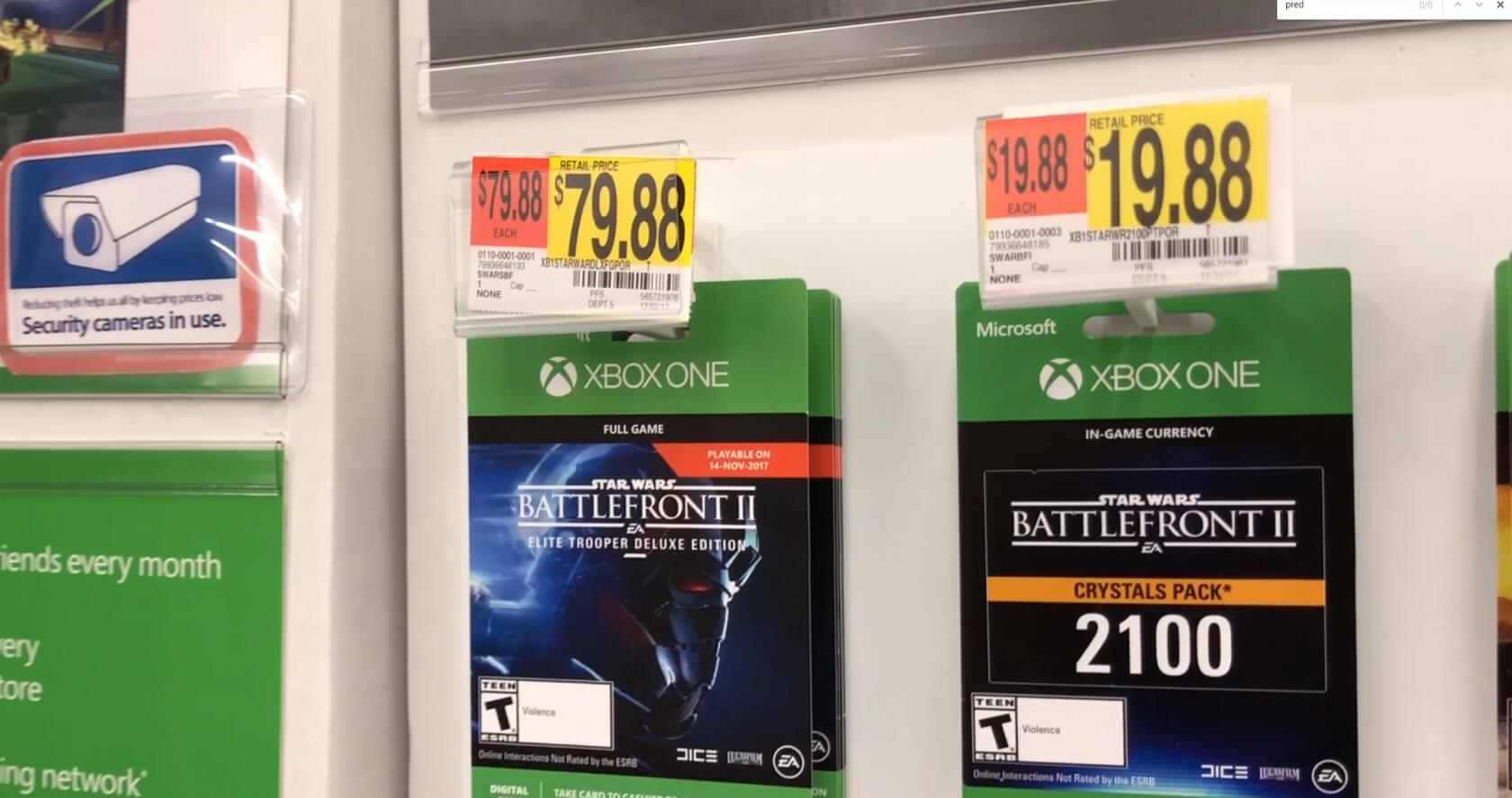The loot box controversy reached a peak last month with the release of Star Wars Battlefront II and its much-hated system. It led to authorities around the world, including Democratic member of the Hawaii House of Representatives, Chris Lee, calling for action to be taken. Now, Lee has spelled out his plans in a new video.
Lee again emphasizes that he is not looking for a blanket ban on microtransactions within games; instead, he wants titles that include "gambling mechanisms," which covers in-game purchases where you're not guaranteed to get a specific item, banned from being sold to under 21s. This would cover both physical outlets and digital stores such as Steam.
In the clip, Lee uses the example of paying $200 for a chance to win an in-game sword. The fact that there's only a "percentage chance" of getting the sword means the system is a form of gambling, according to Lee, and therefore the games shouldn't be sold to minors.
While he acknowledges it comes from third-hand, unverified sources, Lee expresses concerns over publishers using algorithms to identify players likely to spend more to achieve a certain item and then decreasing their chances of receiving it. He could be referring to the Activision "exploratory patent" filed in 2015 that encourages players to spend more money on microtransactions, but this has never been used in a game.
"Once the algorithm identifies a player who's likely to keep spending money to buy that one 'unicorn thing' that they're after ... then they lower the odds and then you keep spending more. It's absolutely unethical and unfair," said Lee.
The senator mentions that "so many other legislators" in other states have spoken to him about introducing a law that protects young people from loot box gambling. He also asks viewers to write to their elected officials and "ask them to consider taking action to protect local families and particularly underage youth from predatory gaming practices."
Following an investigation, the Belgian Gaming Commission concluded that the loot box system constitutes a form of gambling; a statement later echoed by an Australian gambling regulator. Hopefully, the bad publicity and potentially limiting the games' audiences will ensure future versions of the systems aren't as exploitative.
